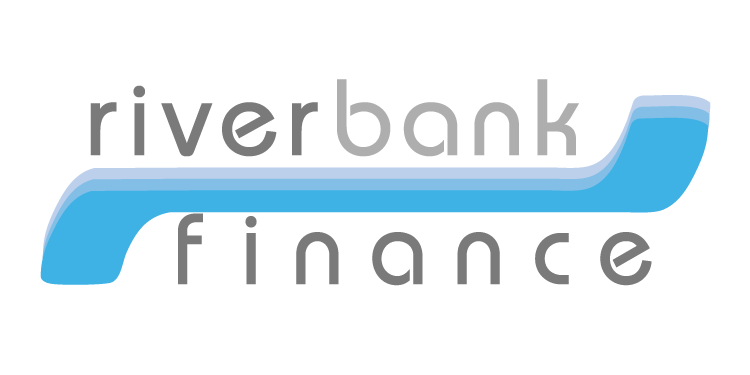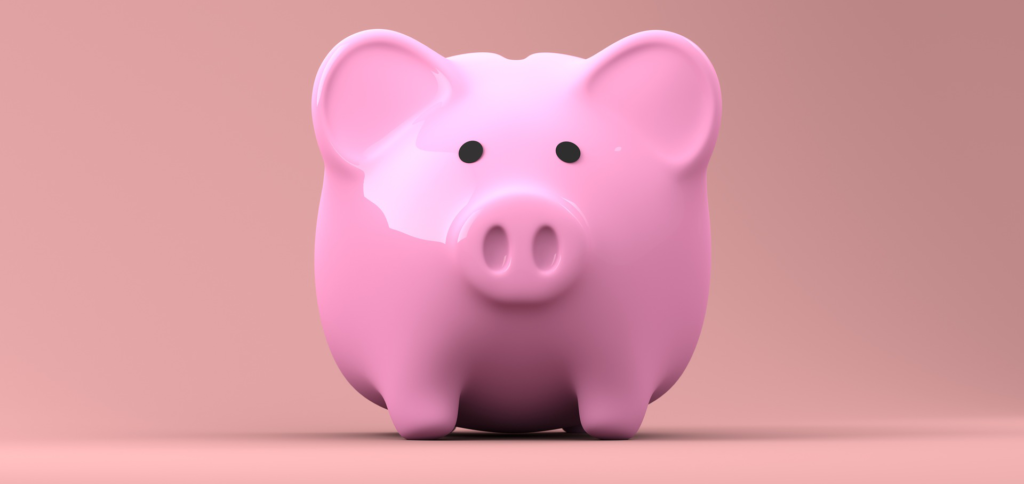
You have found yourself in debt, but you have also found yourself wanting to buy a home. You want to pay off the money that you owe all while saving up money for your dream home. It is possible? First off, you should know that you are not alone. Many people find themselves in situations such as this, but there is a way to come out of this and end up in a home that you love.
Budgeting is the Place to Start to Prepare for a Home Purchase
Let’s be real budgeting can be overwhelming, but hear me out! Instead of thinking of budgeting as a restriction think of it as a guide. A guide that will lead you down to a path of financial stability. And besides what is more terrifying — budgeting or being in debt?
Step 1) Budgeting: Track your expenses
Start by writing down your expenses. How much do you spend on food? Gas? Going out? Track what you are spending for one month and when you are done determine if that amount of money is over or under what you can afford.
Step 2) Budgeting: Reduce expenses
Figure out what things you can cut back on. Do you really need to do things like going out to eat five times a month? Probably not.
Look for alternatives to the things you normally do. Instead of going out to eat for lunch at work, pack your lunch. Instead of going out to the movies, rent one and have a comfortable night in with your friends, family, or significant other. If you want to go out try finding coupons for the place you are going and save money that way. One thing you should ask yourself when shopping for things that you really do not need is if you would rather have that particular item or a home.
Step 3) Budgeting: Save Money
Once you have figured out ways to cut back on spending, put the extra money into a savings account. Try and save up an emergency fund of at least $1000 or whatever you feel comfortable with. It can be hard to eliminate credit card debt, for example, when you do not have an emergency fund established because something expected can happen and force you to use your cards and bring you more into more debt.
One way to earn money is by selling your possessions that you do not want or need. You can use the profits from this to reduce debt or save up for a down payment. Just make sure that you are receiving sales receipts for the items that you sale so that you have documentation for the lender on how the money got into your account. You could also use the money from the things that you sell to live off instead of taking money out of the bank.
Step 4) Budgeting: Pay down debt
When you have an emergency fund saved up, then it is time to start paying off your debts and raise your credit score! At the very least you should make sure you are making your minimum payments. Lenders usually look at the minimum balances that are reported to credit companies in order to calculate your debt-to-income ratio.
So once you have your emergency fund established use the money that you were putting into the fund into either the card/loan with the smallest balance to get it paid off quickly or into the card/loan with the highest monthly balance (if you are able to pay it off in a relatively decent amount of time).
This can take time. It can take up to 30 to 60 days to show that you have paid on a credit card or a loan. You can try calling your credit card companies to figure out when they report to the credit companies. This can help you find out when it will be best to pull your credit when applying for a mortgage.
What About Loans that Require Zero Down?
If you do not have money saved, you may still be eligible for a zero down home loan with Riverbank Finance. We offer great zero down programs including the USDA Mortgage and VA Loan. USDA loans only apply for rural homes and VA loans acquire you to be eligible for military benefits. Ask your loan officer if you are eligible for these options.
Keep in mind, even with zero down loans, there are costs in addition to the down payment. those trying to get a mortgage would also need funds saved up for appraisals and closing costs. To save on cash at closing, a buyer could as the seller to pay for these costs as party of the sales agreement.
Low Down Payment Mortgages
A common misconception is that you need to save 20% for your down payment. While there are benefits to applying a large down payment, most people do not have access to that large of a bundle of cash. We have several low down payment options that might be perfect for your situation!
1% Down Conventional Loan
Riverbank Finance LLC is pleased to offer the Conventional 1% Down Mortgage with Equity Boost home loan program. In this program, you can purchase a home with 3% equity, but only 1% down payment. How does that work? You, the buyer, contribute 1% and we, your lender, contribute 2% giving you a total of 3% equity at close.
FHA Loan with Down Payment Assistance
Another great low down payment options is our FHA loan with down payment assistance. With this program you will get a gift of 2% of the sales price towards your down payment. This means that you would only need 1.5% down for the required down payment.
One of the most important things is to not make budgeting and saving money seem like a chore or else it might make you want to stop trying. If you need advice on what you should do in your situation give Riverbank Finance a call and let our trusted loan officers help you find a solution to your debt issues and help you get the home that you want.

 800-555-2098
800-555-2098


